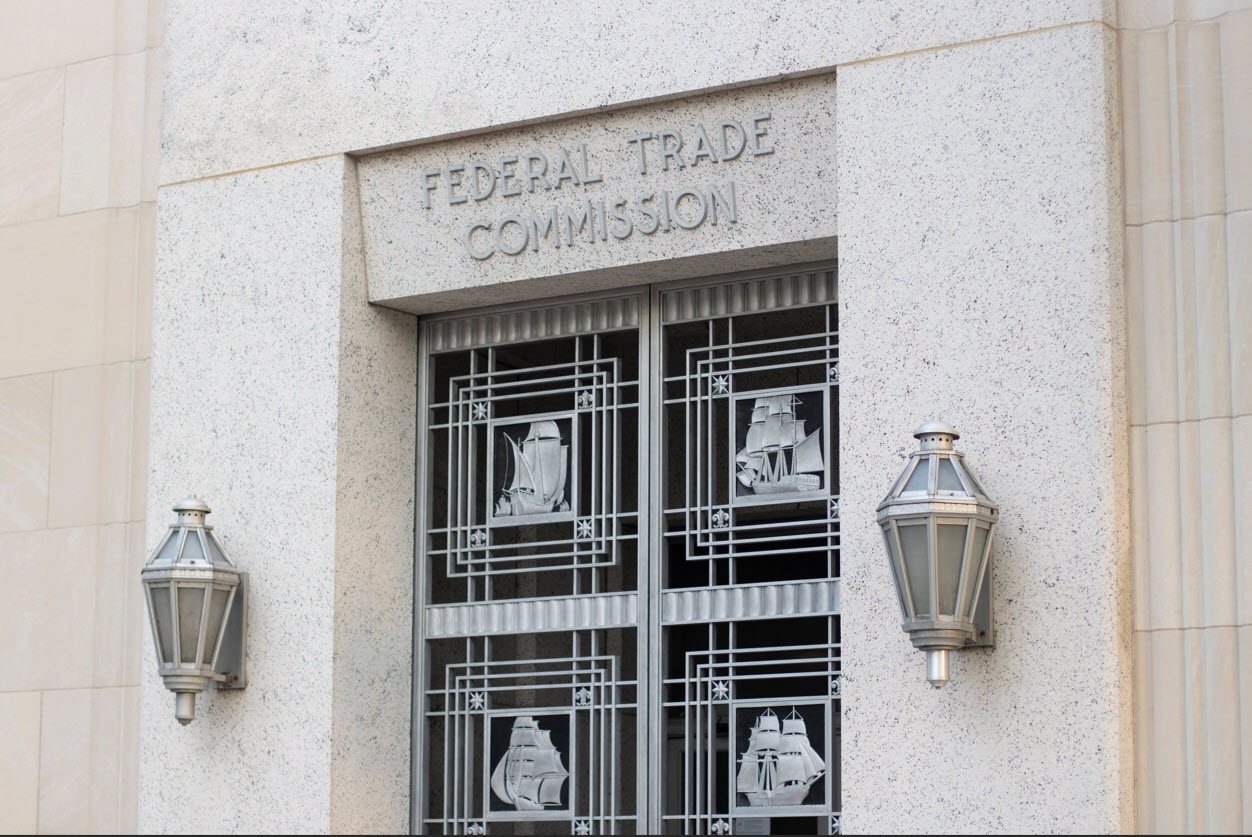In a move aimed at protecting consumers, California Attorney General Rob Bonta issued a letter on February 20, 2024, directed at California-chartered banks and credit unions with assets under $10 billion. The letter highlighted the potential violation of California’s Unfair Competition Law (UCL) and the federal Consumer Financial Protection Act (CFPA) by charging surprise overdraft fees and returned deposited item fees.
Understanding the Legal Framework
California’s UCL prohibits any business activity deemed unlawful, unfair, or fraudulent, while the CFPA prohibits financial institutions from engaging in practices that are unfair, deceptive, or abusive. Both laws focus on weighing the impact on consumers against the benefits for businesses to decide what’s fair.
The Impact of Surprise Overdraft and Returned Deposited Item Fees
Surprise overdraft fees occur when a transaction exceeds the available balance in a consumer’s account. Unlike non-sufficient funds fees, which decline the transaction, overdraft fees allow the transaction to go through, resulting in a negative balance and an additional fee.
Attorney General Rob Bonta highlighted the issue of overdraft fees in his recent letter stating that overdraft fees have been found to be as high as $36 per transaction. Overdraft fees disproportionately affect poor and minority consumers, with California-chartered banks and credit unions alone raking in nearly $220 million from these fees in 2022. The way transactions are processed can make it hard for consumers to predict these fees, resulting in unexpected charges that hit financially struggling families hard. Bonta argues that these fees, particularly when not anticipated by the consumer, likely violate consumer protection laws. The FDIC and the OCC have both advised financial institutions that charging surprise overdraft fees could possibly go against the CFPA and Section 5 of the Federal Trade Commission Act.
Attorney General Rob Bonta also outlined the issue of returned deposited item fees in the letter issued to banks and credit unions. These fees are charged when a consumer deposits a check that later gets returned due to various reasons, such as insufficient funds or a closed account, beyond the consumer’s control. Despite this, some institutions charge consumers up to $19 or more for each returned check. Bonta argues that this practice likely violates the Unfair Competition Law (UCL) and causes significant harm to consumers, especially those with limited financial means. Consumers often cannot avoid these fees because they lack information about the check’s status or the ability to recover the fee from the check writer. Regulatory guidance from the Consumer Financial Protection Bureau (CFPB) also suggests that such practices potentially violate consumer protection laws.
Moving Forward
Financial institutions operating in California should pay attention to Attorney General Bonta’s warning to avoid potential enforcement actions. Reviewing and potentially revising policies related to surprise overdraft fees and returned deposited item fees is imperative to safeguard against potential legal repercussions.
Attorney General Bonta’s letter serves as a wake-up call for California-based financial institutions. The spotlight on surprise bank fees highlights the need for greater transparency and fairness in consumer banking practices. By aligning with legal standards and prioritizing consumer protection, financial institutions can cultivate trust and accountability in their operations.

Author: Jennifer Evancic
Jennifer.Evancic@ResourceManagement.com
Jennifer Evancic is a third-party auditor valued by creditors and large organizations for her knowledge in call monitoring within the collections industry. With meticulous attention to detail and a firm grasp of regulatory requirements, she ensures compliance with clients’ criteria and state and federal regulations.
Jennifer audits collections calls, ensuring they meet client-specific criteria and comply with regulations, providing valuable insights and maintaining industry standards.
Beyond her auditing responsibilities, Jennifer takes the lead in organizing and facilitating monthly call calibrations. These sessions serve as a collaborative forum where clients and their vendors come together to discuss call monitoring results and address any findings or areas for improvement. Jennifer’s guidance fosters open communication and ensures alignment between clients and vendors, driving continuous improvement in collections practices.
Jennifer stays up-to-date with compliance and industry best practices by participating regularly in peer meetings, regulatory updates and industry webinars. This keeps her informed about emerging issues and ensures she remains a knowledgeable leader in collections compliance.




